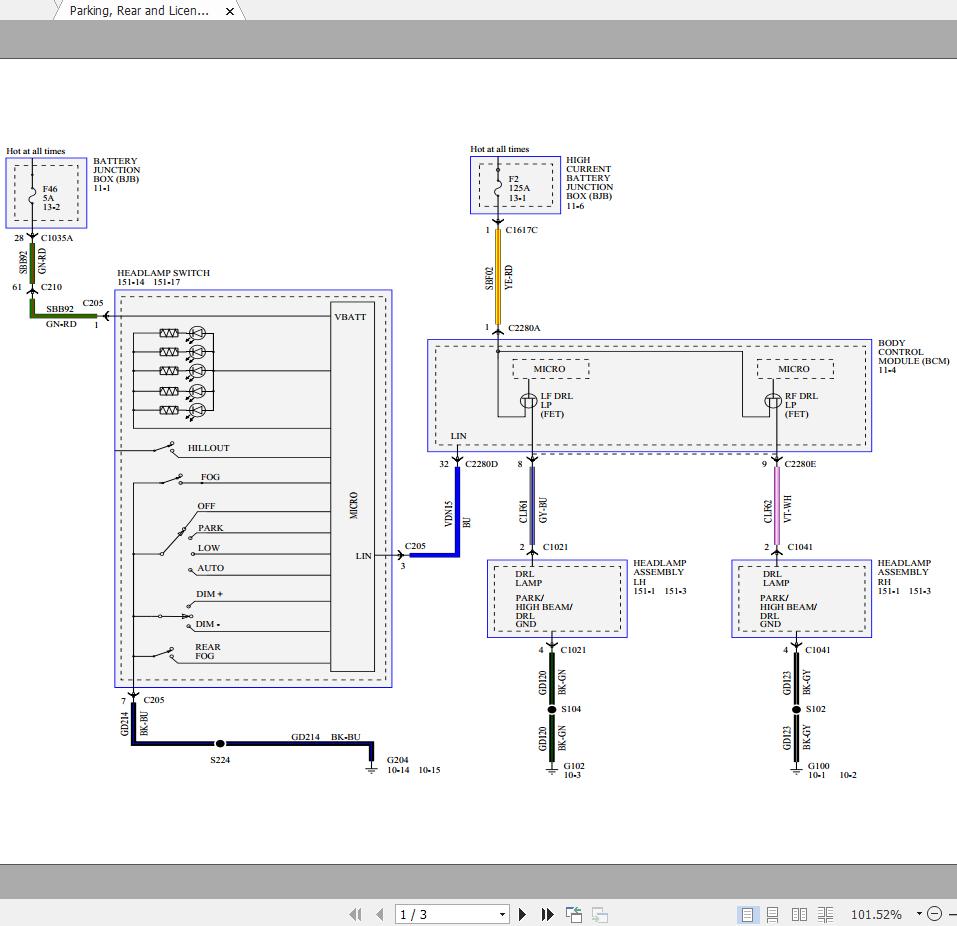When it comes to understanding the electrical system of your Ford Fiesta, having access to a wiring diagram can be incredibly helpful. A Ford Fiesta Wiring Diagram provides a visual representation of the electrical connections and wiring within your vehicle. This can be essential for diagnosing and troubleshooting electrical issues, as well as for performing modifications or upgrades.
Why are Ford Fiesta Wiring Diagrams Essential?
Understanding the wiring diagram for your Ford Fiesta is crucial for a variety of reasons:
- Identifying the location of electrical components
- Tracing wires and connections
- Troubleshooting electrical issues
- Performing electrical modifications or upgrades
How to Read and Interpret Ford Fiesta Wiring Diagrams
Reading and interpreting a wiring diagram can seem daunting at first, but with some guidance, it can become a valuable tool for understanding your vehicle’s electrical system. Here are some tips for effectively reading and interpreting Ford Fiesta Wiring Diagrams:
- Start by familiarizing yourself with the key or legend provided on the diagram
- Identify the components and their corresponding symbols
- Follow the flow of the wiring, paying attention to the color codes and wire sizes
- Use a multimeter to test for continuity and voltage along the circuits
Using Ford Fiesta Wiring Diagrams for Troubleshooting
When faced with electrical problems in your Ford Fiesta, a wiring diagram can be a valuable tool for troubleshooting. Here’s how you can use the wiring diagram effectively:
- Identify the affected circuit on the diagram
- Trace the wiring and connections to locate potential issues such as short circuits or open circuits
- Check for power supply and ground connections to determine the source of the problem
- Refer to the wiring diagram to understand the circuit’s operation and identify potential causes of the issue
Importance of Safety
Working with electrical systems can be dangerous if proper precautions are not taken. When using wiring diagrams for your Ford Fiesta, it’s important to prioritize safety. Here are some safety tips and best practices to keep in mind:
- Always disconnect the battery before working on any electrical components
- Avoid working on electrical systems in wet or damp conditions
- Use insulated tools to prevent electric shock
- Double-check all connections and wiring before reapplying power
Ford Fiesta Wiring Diagram
Ford Fiesta 2017-2020 Electrical Wiring Diagrams

Ford Fiesta 2017-2020 Electrical Wiring Diagrams | Auto Repair Manual

Ford Fiesta Mk6 Wiring Diagram Pdf – Wiring Diagram

Ford Fiesta Mk6 Wiring Diagram Pdf – Fab Hill
2018 Ford Fiesta L4-1.6L Electrical Schematic Diagram PDF

Wiring Diagram Ford Fiesta Rocam 2011
